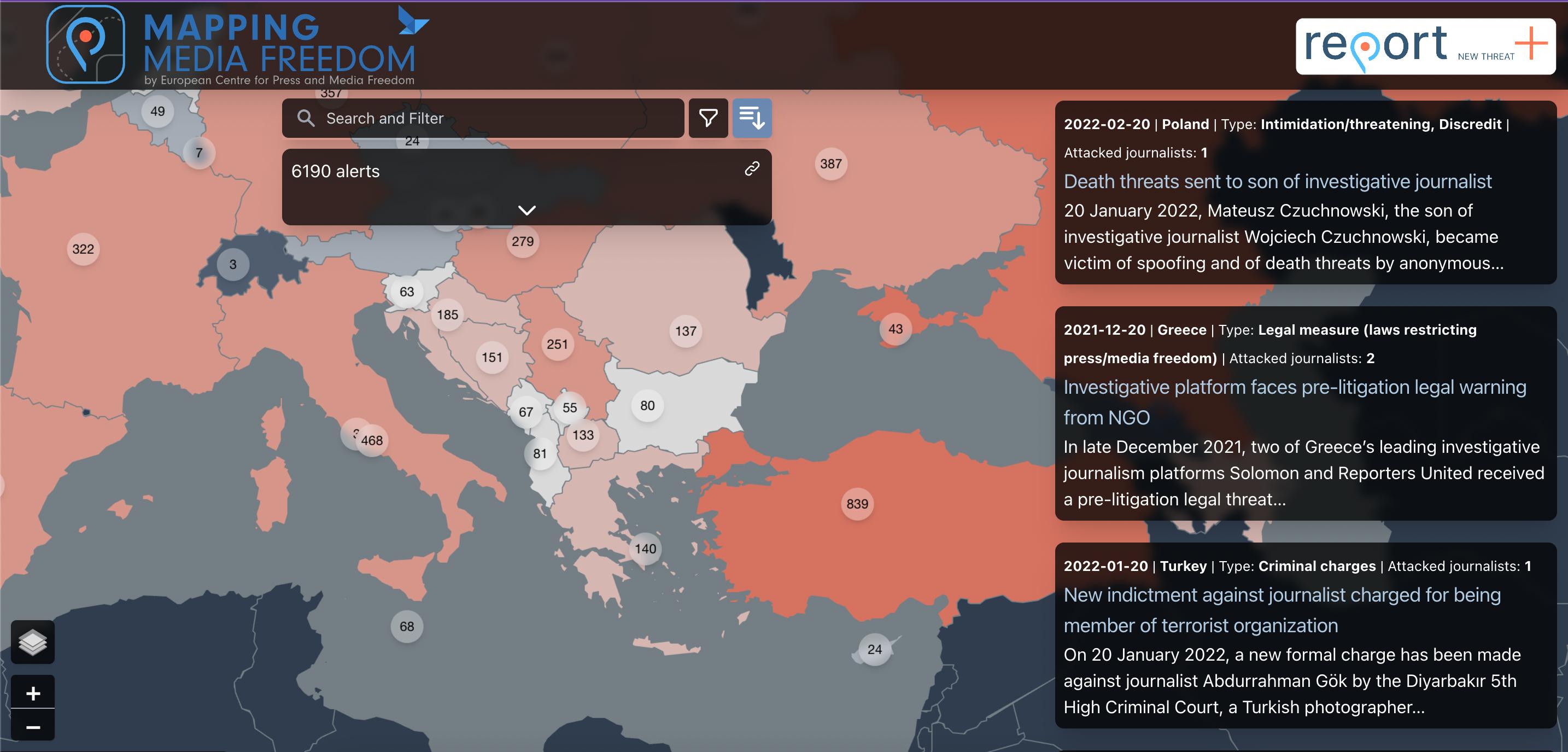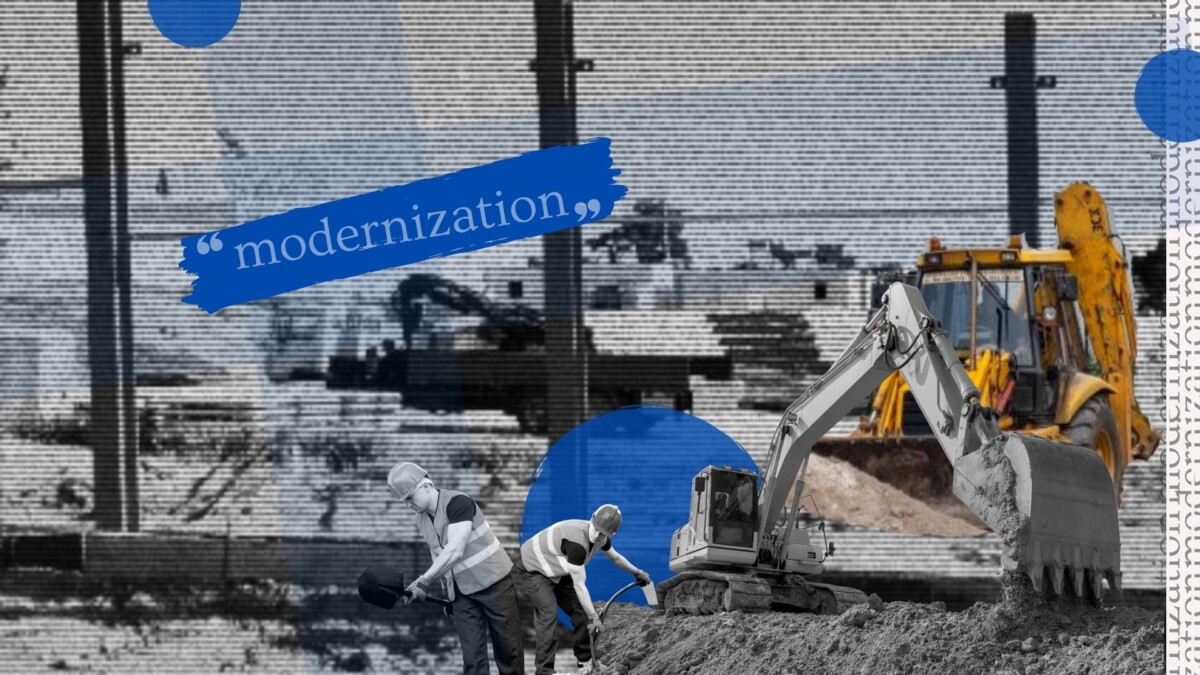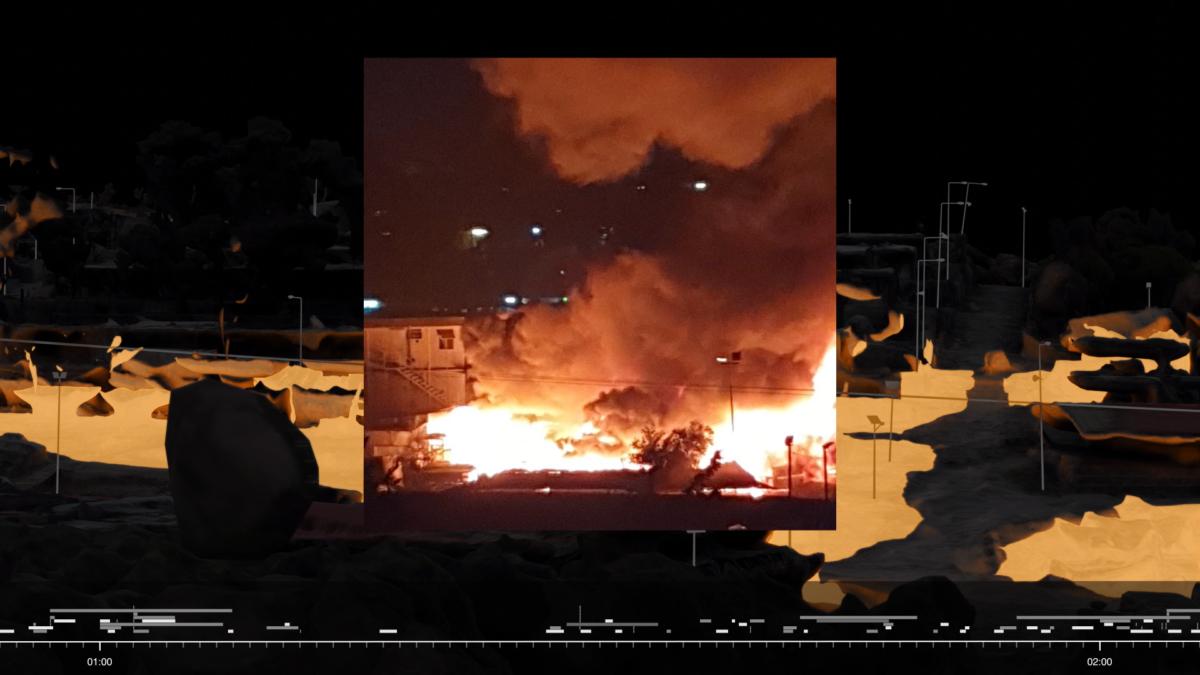On 1 February 2021, the Media Freedom Rapid Response (MFRR) published an alert on the pre-litigation legal threat against Solomon and Reporters United from NGO Hopeten, after we emailed questions seeking comment in the context of a joint investigation on the EU funds allocated for the accommodation of asylum seekers in Greece.
The International Press Institute (IPI) said it views this pre-publication warning “as a clear attempt to silence the two media’s public interest investigative reporting” and referred to “another example of the suffocating legal pressure used against the country’s few independent media.”
Here is the MFRR’s alert:
In late December 2021, two of Greece’s leading investigative journalism platforms Solomon and Reporters United received a pre-litigation legal threat from an NGO after they emailed questions seeking comment on a story they were researching. The two independent platforms, which specialise in reporting on migration and refugee issues in Greece, were served the legal notice on December 20 by the NGO Hopeten.
The letter protested against their previous reporting about the social care NGO, which it described as “unethical, biased and in bad faith”. It demanded Solomon and Reporters United “immediately refrain from any action that could damage the NGO’s prestige and reputation”. In response, the platforms stood by their investigation and said in an article that the legal warning was aimed at hindering their research and reports before publication, noting it was not the first time the NGO had threatened legal action over emailed questions.
The legal notice stemmed from questions that journalist Kostas Koukoumakas had sent to Hopeten on 29 November 2021 as part of a joint investigation into the allocation of European funds for the accommodation of asylum seekers in Greece. The investigation examined the NGO and the millions of euros of public funding it had received since its establishment in 2021 to provide housing for asylum seekers.
On 6 December 2021, Hopeten responded to the email and invited journalist Kostas Koukoumakas to a meeting at their office. The meeting took place on December 10, during which the NGO’s representative reportedly answered many of the questions that were originally asked in the email. Ten days later, on December 20, and without any further communication, Hopeten served Solomon and Reporters United with the legal notice. The letter questioned the journalistic credentials of Koukoumakas and made other inferences about the work of the two journalistic organisations.
The two organisations began reporting on the NGO in late 2020. In January 2021 they first published a report about how the NGO – which was previously called Hopeland and was created to provide social care and protection to vulnerable groups including children, families and refugees – had been awarded a contract worth millions of euros from the Greek Ministry of Migration & Asylum to provide housing of about 1,000 officially recognised refugees and asylum seekers through the ESTIA II program. Among other details, they reported that Hopeland had submitted a successful application for the tender just a week after it was officially created. They also reported that, rather than being established as a new NGO, it was created through the transfer of an inactive NGO owned by a municipal party linked to ruling New Democracy, which has faced criticism from international organisations and institutions for its policies on refugees and migration.
Assessing that the NGO had been awarded funding despite having no previous experience in providing support to refugees, they began to research and sent a number of questions. Throughout their reporting, the organisations stressed the public interest nature of their work. A right of reply was offered to the NGO on all occasions, as per standard journalistic practice.
It is not the first time the NGO has threatened legal action in response to questions. A first legal notice was received in July 2021, after questions were sent to Hopeten about financial transactions which were publicly available on a government registry. The NGO’s director had urged the journalistic organisations to refrain from any “untrue” and “defamatory” reports that may offend its “reputation, credibility, work and solvency, in order to serve selfish and unfair third-party interests”. No further legal action was taken at the time and the two organisations continued their coverage. That changed in late December 2021 when the second legal warning was sent.




